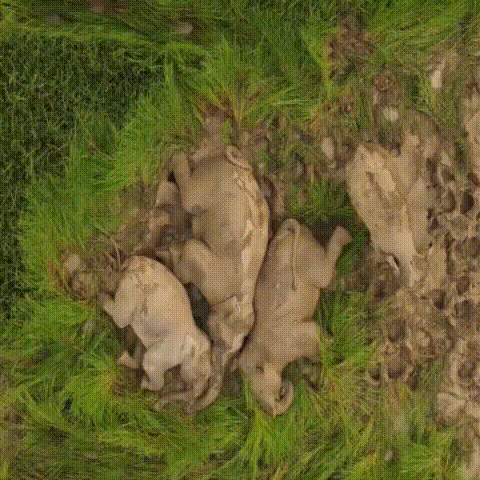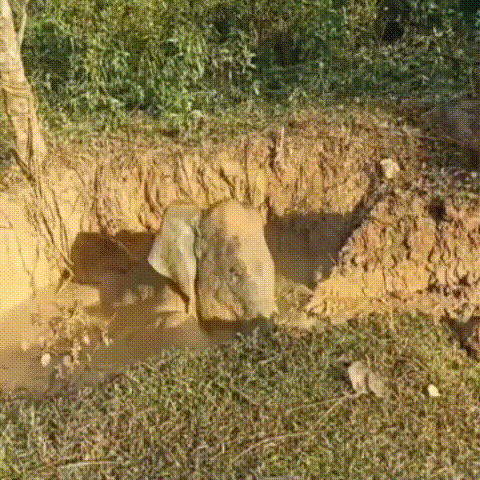- Capabilities
Bringing your vision to life with expert video production
From startups to well-known brands worldwide, we’ve completed plenty of corporate video production projects for both.

An international digital design studio reimagining how people connect with brands.

We prioritize flexibility, streamlined processes, and creative that positively impacts your business.
Commercial

We are dedicated to transforming businesses by providing expert consulting services.

We are a creative production company that specializes in crafting unique stories to help you better connect with your customers.
- Who are we
We are a top video production company helping digital brands boost conversions with video, utilizing custom creative and strategy with soul.
years in business
videos created
videos distributed globally
team members
Ordinary People, Extraordinary Stories. We are Newslions!
- portfolio
Projects
Well-crafted videos that tend to our customer’s purpose. Explore a selection of our finest videos.
- how we work
We’ve been perfecting our steps for over 15 years to assure success for every single client we create for.
The content

The shoot

Editing

Finished content

- our people
Team
We’re a team of highly experienced specialists and genuine collaborators.
- Our partners
Clients
More than 25k+
happy clients

“Their professionalism and creativity were outstanding. The team's keen understanding of our vision translated into a compelling narrative that was spot-on with our expectations.”

“The video is fantastic and has been really well received by those I’ve shared it with. Our friend described it as ‘sensational’ and said it made his day.”

“Framek’s hard-working and skilled team were a pleasure to work with on our product videos. Communication was excellent from pre to post-production.”
- latest news
Blog
Stay ahead with actionable insights, expert advice, and practical strategies for digital success.




















